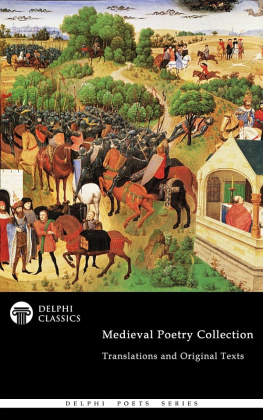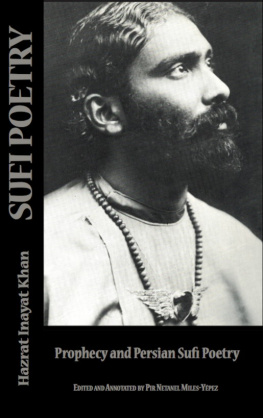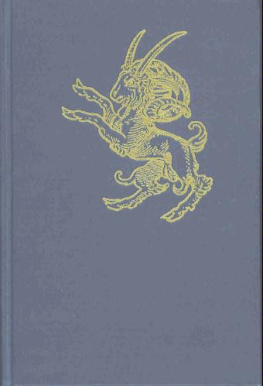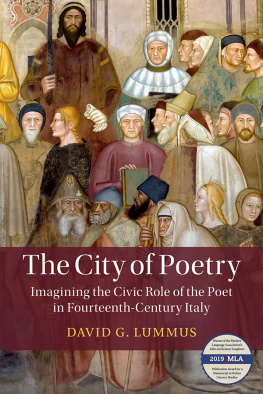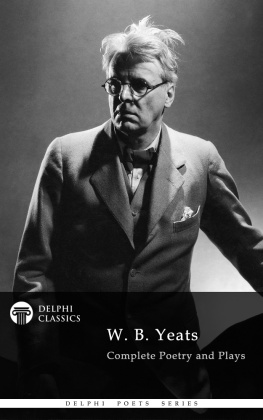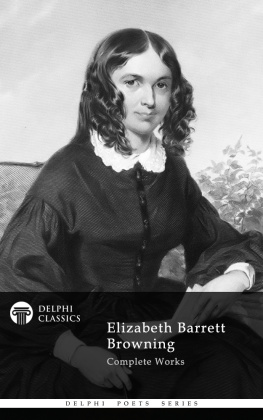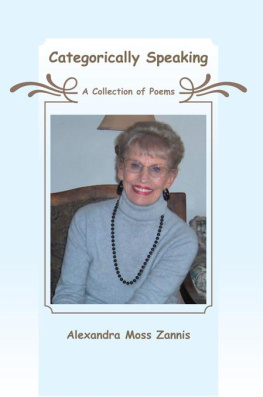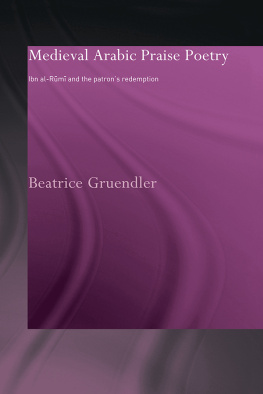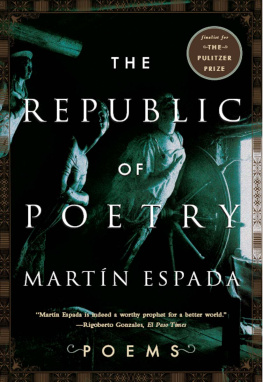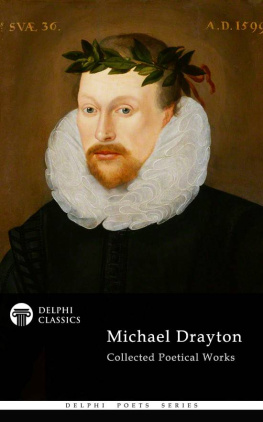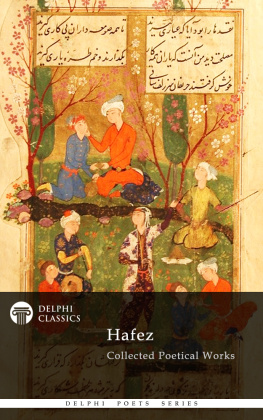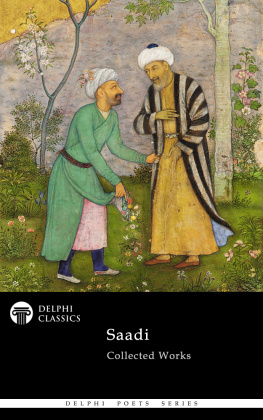
Medieval Poetry Collection
(5 th -15th century)

Contents

Delphi Classics 2020
Version 1









Browse the entire series


Medieval Poetry Collection

By Delphi Classics, 2020
COPYRIGHT
Medieval Poetry Collection - Delphi Poets Series

First published in the United Kingdom in 2020 by Delphi Classics.
Delphi Classics, 2020.
All rights reserved. No part of this publication may be reproduced, stored in a retrieval system, or transmitted, in any form or by any means, without the prior permission in writing of the publisher, nor be otherwise circulated in any form other than that in which it is published.
ISBN: 978 1 91348 707 2
Delphi Classics
is an imprint of
Delphi Publishing Ltd
Hastings, East Sussex
United Kingdom
Contact: sales@delphiclassics.com

www.delphiclassics.com
NOTE

When reading poetry on an eReader, it is advisable to use a small font size and landscape mode, which will allow the lines of poetry to display correctly.
Medieval Poetry

Whitby Abbey, North Yorkshire Cdmon, the first recorded poet of English literature, lived and worked at the monastery of Streonshalch (now Whitby Abbey).
Hymn by Cdmon (7 th century)

Cdmon (fl. c. AD 657-684) is the earliest English poet whose name is recorded. He was an Anglo-Saxon that cared for the animals at the double monastery of Streonshalch (later Whitby Abbey) during the abbacy (657680) of St. Hilda (614680). Legend tells us that he was originally ignorant of the art of song, but learned to compose one night in the course of a dream, according to the eighth century historian Bede. Cdmon later became a zealous monk and an accomplished and inspirational Christian poet. His story is related in Bedes Historia ecclesiastica gentis Anglorum :
there was in the Monastery of this Abbess a certain brother particularly remarkable for the Grace of God, who was wont to make religious verses, so that whatever was interpreted to him out of scripture, he soon after put the same into poetical expressions of much sweetness and humility in Old English, which was his native language. By his verse the minds of many were often excited to despise the world, and to aspire to heaven.
Cdmons only known surviving work is Hymn , a nine-line alliterative vernacular praise poem in honour of God, which he reportedly learned to sing in his initial dream. The poem is one of the earliest attested examples of Old English poetry. It is also one of the earliest recorded examples of sustained poetry in a Germanic language.

Memorial to Cdmon, St Marys Churchyard, Whitby. The inscription reads, To the glory of God and in memory of Cdmon the father of English Sacred Song. Fell asleep hard by, 680.
CONTENTS
HYMN Anonymous Modern Translation

N OW [ WE ] MUST honour the guardian of heaven,
the might of the architect, and his purpose,
the work of the father of glory as he the beginning of wonders
established, the eternal lord,
He first created for the children of men
heaven as a roof, the holy creator
Then the middle earth, the guardian of mankind
the eternal lord, afterwards appointed
the lands for men, the Lord almighty.
ORIGINAL OLD ENGLISH TEXT OF HYMN

NU SCYLUN HERGAN hefaenricaes uard
metuds maecti end his modgidanc
uerc uuldurfadur swe he uundra gihwaes
eci dryctin or astelid
he aerist scop aelda barnu m
heben til hrofe haleg scepen.
tha middungeard moncynns uard
eci dryctin fter tiad
firum fold u frea allmectig
DUAL TEXT OF HYMN

NU SCYLUN HERGAN hefaenricaes uard
Now [we] must honour the guardian of heaven,
metuds maecti end his modgidanc
the might of the architect, and his purpose,
uerc uuldurfadur swe he uundra gihwaes
the work of the father of glory as he the beginning of wonders
eci dryctin or astelid
established, the eternal lord,
he aerist scop aelda barnu m
He first created for the children of men
heben til hrofe haleg scepen.
heaven as a roof, the holy creator
tha middungeard moncynns uard
Then the middle earth, the guardian of mankind
eci dryctin fter tiad
the eternal lord, afterwards appointed
firum fold u frea allmectig
the lands for men, the Lord almighty.
Christ II by Cynewulf (8 th century)

Next page
